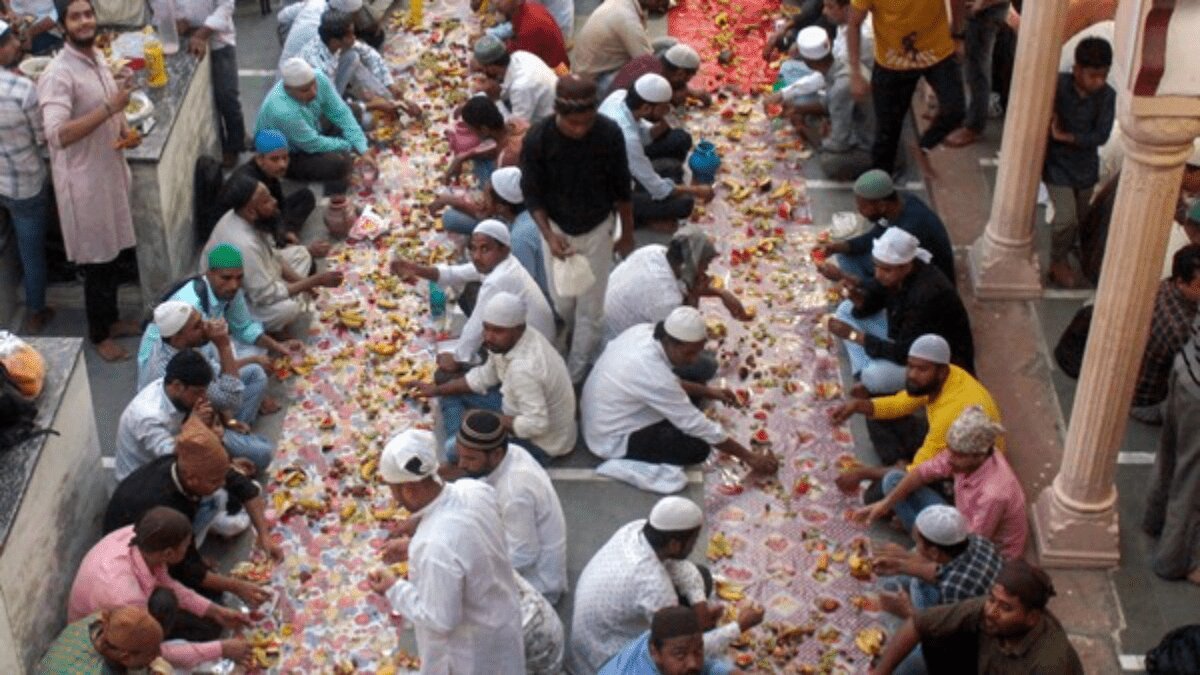As the crescent moon ushers in the blessed month of Ramadan, Muslims around the world eagerly anticipate the opportunity for spiritual renewal, self-reflection, and increased devotion. Ramadan is a time of fasting, prayer, and acts of worship, offering believers a chance to draw closer to Allah and deepen their connection with their faith. If you’re looking to participate in Ramadan and make the most of this sacred time, here’s a comprehensive guide to help you get started:
1. Understanding the Significance of Ramadan: Before diving into the observance of Ramadan, it’s essential to understand its significance and purpose within Islam. Ramadan is the ninth month of the Islamic lunar calendar and is considered the holiest month for Muslims. It commemorates the revelation of the Quran to Prophet Muhammad and is observed as a period of fasting, prayer, reflection, and community.
2. Embracing Fasting (Sawm): Fasting during Ramadan is one of the Five Pillars of Islam and is obligatory for adult Muslims who are physically and mentally capable. The fast begins at dawn (Fajr) and ends at sunset (Maghrib), during which participants abstain from food, drink, smoking, and marital relations. Fasting serves as a form of self-discipline, purification, and spiritual reflection, allowing believers to empathize with the less fortunate and deepen their connection with Allah.
3. Establishing Suhoor and Iftar Rituals: Suhoor, the pre-dawn meal, and Iftar, the meal to break the fast at sunset, are integral rituals during Ramadan. Suhoor provides an opportunity to nourish the body and hydrate before the day’s fast, while Iftar allows for communal gatherings and expressions of gratitude for the blessings of sustenance. Embrace these rituals as opportunities for spiritual nourishment, family bonding, and community engagement.
4. Engaging in Increased Acts of Worship: Ramadan is a time for heightened devotion and spiritual growth. Dedicate time each day for prayer, recitation of the Quran, supplication, and remembrance of Allah (Dhikr). Attend congregational prayers at the mosque, participate in Taraweeh prayers during the evenings, and seek opportunities for additional acts of worship such as Tahajjud prayers and voluntary charity.
5. Practicing Charity and Generosity: Charity (Zakat) and acts of kindness are integral components of Ramadan. Give generously to those in need, support charitable organizations and initiatives, and extend kindness and compassion to neighbors, relatives, and strangers. Embrace the spirit of generosity and empathy, recognizing the importance of sharing blessings with others and alleviating suffering in the community.
6. Fostering Family and Community Bonds: Ramadan is a time for strengthening family and community bonds. Gather with loved ones for shared meals, prayer, and spiritual discussions. Host or attend Iftar gatherings, Taraweeh prayers, and community events at the mosque or local Islamic center. Foster a sense of unity, solidarity, and mutual support within your community, embodying the values of brotherhood/sisterhood and compassion.
7. Seeking Forgiveness and Repentance: Take advantage of Ramadan as a time for spiritual renewal and repentance. Seek forgiveness for past transgressions, reflect on your shortcomings, and strive to mend relationships and rectify mistakes. Engage in sincere repentance through prayer, introspection, and acts of atonement, recognizing the opportunity for spiritual growth and purification.
8. Reflecting on Gratitude and Blessings: Amidst the rigors of fasting and worship, take time to reflect on gratitude and blessings. Express appreciation for the gift of faith, health, and community, acknowledging Allah’s mercy and providence. Cultivate a mindset of gratitude and contentment, recognizing the abundance of blessings bestowed upon you during Ramadan and beyond.
9. Maintaining Good Deeds Beyond Ramadan: As Ramadan comes to a close, strive to maintain the positive habits, virtues, and deeds cultivated during the month. Carry forward the spirit of Ramadan by continuing acts of worship, charity, and compassion throughout the year. Embrace the values of discipline, gratitude, and devotion in your daily life, embodying the teachings of Islam beyond the sacred month.
10. Concluding with Eid al-Fitr Celebrations: Eid al-Fitr, the festival of breaking the fast, marks the culmination of Ramadan and is celebrated with joyous gatherings, feasting, and prayers. Attend Eid prayers at the mosque, exchange greetings and gifts with family and friends, and partake in festive meals and festivities. Express gratitude for the blessings of Ramadan and the opportunity to grow spiritually and communally.
In conclusion, participating in Ramadan is a deeply enriching and transformative experience for Muslims around the world. By embracing the rituals, values, and teachings of Ramadan, individuals can deepen their connection with Allah, strengthen their faith, and cultivate a spirit of compassion and solidarity within their communities. May each Ramadan be a source of blessings, guidance, and inspiration for all who observe it. Ramadan Mubarak!


